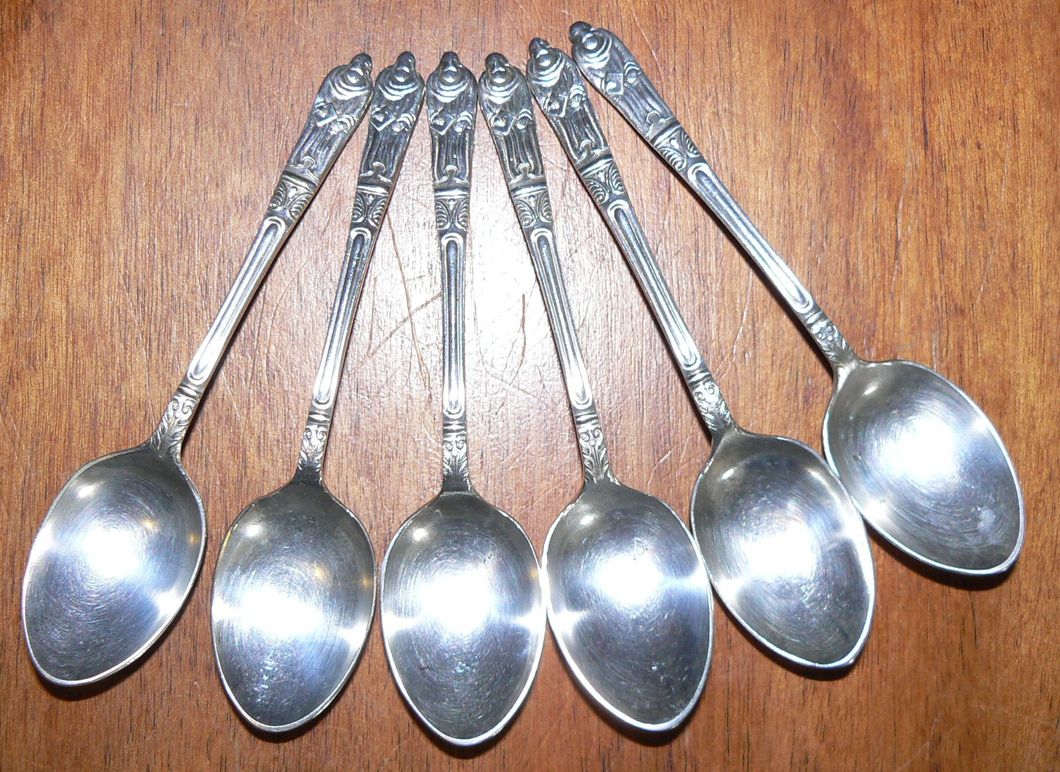"The Spoon Theory." No, this is not an episode title from The Big Bang Theory, and no, it is not the next big thing in cooking.
Originally explained in an essay by the theory's creator, Christine Miserandino, The Spoon Theory explains in simple and concrete terms what daily life is like for someone with an illness or disability, be it physical or otherwise. Told in a quick and easy narrative, Miserandino recalls the time that she and a friend transitioned from their typical light-hearted banter in the middle of a small diner, in front of their plates of fries and gravy, into an honest and confessional discussion in which Miserandino revealed some of the sobering truths about her life with Lupus.
Christine hands her friend 12 spoons from neighboring diner tables. Each day, she explains, a person with a disability wakes up in possession of a certain and limited number of spoons. The number of spoons corresponds to the person's energy reserve and level of ability to accomplish tasks throughout the day. Each task, even those most menial which those of us able-bodied and minded may not even think of as tasks, requires a certain number of "spoons" to complete. Waking up and getting out of bed? One spoon. Taking a shower, picking out an outfit, partaking in daily grooming and hygiene rituals? At least two spoons, sometimes more. Cooking, eating, and commuting to school or work usually require about three "spoons," as do household chores and mundane errands. The hardest activities, like work, school, homework, or care for children and pets can take up to six spoons each day. When all of this gets added up, it becomes apparent that those among us who are not suffering from a "spoon-stealing" illness expend a significant amount of energy that people with disabilities and illnesses may simply not have.
What all of this is meant to demonstrate is that people who suffer from disabilities and illnesses must carefully craft each task within their day, so as to not run out of energy, or "spoons." This means that what might look like lazy day to some is actually extremely productive for others.
The Spoon Theory is a helpful and concrete way to illustrate life with a disability to those who seek to understand but have no personal experience to base it off of.
For me, depression was what stole all of my spoons. On my good days, I could have up to twenty, maybe even more. But other days, I'd wake up feeling like I had none at all. Explaining this theory, along with visually representing it, to my family and friends made communication about my illness much easier and much more comfortable. I have always been very hesitant to discuss my mental health with others, but talking in terms of "spoons" gives me a way to discuss my health in casual terms.
The spoon theory is often more approachable than the actual names and clinical terms of illnesses themselves, which is what makes it a favorite metaphor for those who suffer. For me, I find it monumentally easier to tell people that I'm "running low on spoons," rather than, "I feel sad and tired today."
Whether this works for you or someone you know, my goal in explaining this theory was to help us all relate to each other a little bit better. I hope that this explanation is able to bring understanding and common ground between those who are well and those who are not.
Life isn't perfect. Far from it, in fact, especially when we factor in the hassle and weight of a disability. I guess all we can do is live our lives one spoon at a time.






















